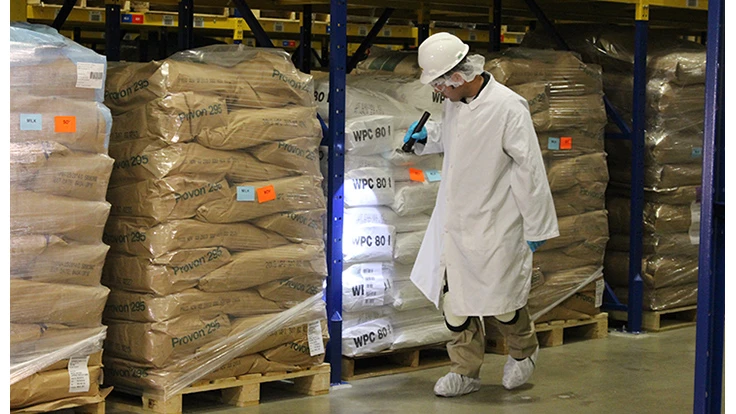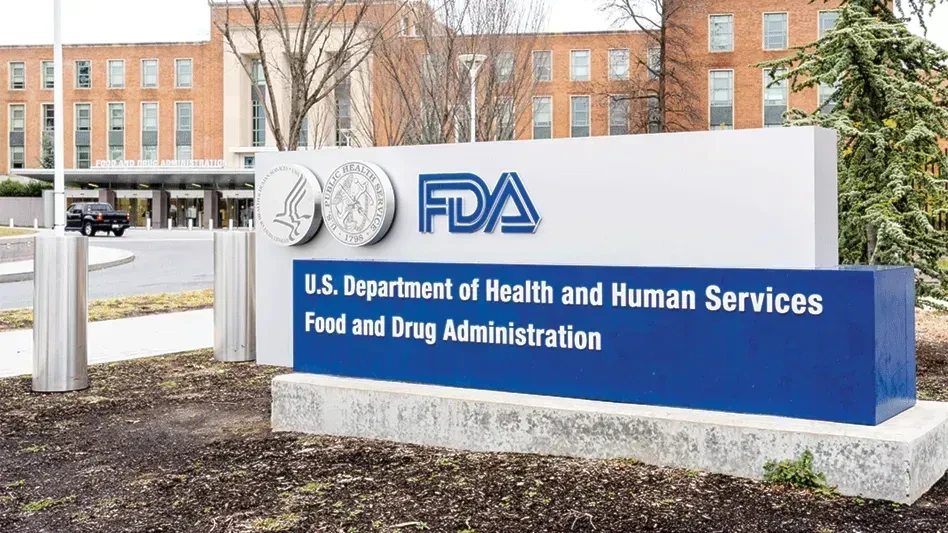
With the increased emphasis on pest management as a preventive control under FSMA, ensuring that your service provider is fully qualified and knowledgeable and has all the right tools to keep your facility pest-free, has significantly increased in importance. So, it is vital that these new industry expectations, as well as your specific facility needs, be taken into consideration when selecting a pest management service provider – or assessing your current provider.
Thus, as noted in the article, PMP Training Supports and Enhances a Facility's Food Safety Efforts, it is critical to ensure that the technician is not only capable of solving common pest problems that pose a threat to your brand, but that he or she also have a thorough understanding of the food industry and food safety requirements. This also should include any requirements specific to your facility such as those of organic processors (discussed in Organic Pest Management: A Natural Extension of IPM). But, even beyond the PMP, successful pest management requires a partnership between the provider and the facility, as detailed in Best Practices: What Your PMP Needs from You.
There are three key factors that are critical to the success of a pest management program that a food facility should always be able to expect of the technician who services the plant. These, according to McCloud Services’ Technical Director, Patricia Hottel, are: excellent communication skills and programs – both written and verbal; strong assessment skills including quality inspection and monitoring programs; and the ability and expertise to analyze and react appropriately to what the data is telling the pest management professional (PMP) and food facility.
- Communication and programs. "Because sanitation, employee practices, and structural deficiencies are all part of pest management, it is critical that the pest management professional convey how these conditions are currently impacting or could impact the pest management program in the future," Hottel said.
To prevent pests, these issues will require action by the food facility, so it is important that the PMP explain how the factors impact the pest management program. The discussion also should address the development of a strategy for correcting the issues and creation of a corrective action plan.
It is for these reasons as well that there must be a partnership between the pest management professional and the facility, as a successful program relies on facility response to pest prevention needs regarding sanitation, employee practices, processing equipment maintenance, and structural integrity – all of which can lead to pest problems but are not necessarily under the control of the pest management professional. "The partnership has been highlighted as an essential component of the program for a long time, but it has become even more critical as the emphasis on pest prevention under FSMA has increased," Hottel said. - Quality inspection and monitoring. The pest management professional should have the skills to constantly assess the site for pest pressures and risks so that program adjustments can be made for pest prevention and control. This is done through inspection and pest monitors, and quality audits should be provided as part of the assessment services.
A written record, that is accurate, thorough, easily understood and easily retrieved, must also be supplied by the PMP. "Electronic documentation can be especially useful in retrieving documents and in tracking and trending pest activity through the use of graphs," Hottel said, adding, "Written documentation is not only important from the standpoint of assessing data and program response but is required for regulatory and audit purposes." - Data analysis and response. PMPs must have the ability and expertise to analyze the data from their inspections and monitoring results, by which to respond to what the data is telling them. Thus, strong technical skills are required to enable prompt and applicable response and action.
Additionally, Hottel said, "Having a network of technical support beyond the field service specialist is also a valuable asset which can provide additional expertise and another set of eyes to examine complex pest problems should they occur."
In the same way, a food facility should be able to expect that the pest management company have, and provide for its technicians and customers, a strong documentation package that will satisfy regulatory and audit requirements. The quality of the documents will help facilitate the monitoring of the program’s effectiveness. Because the ability to easily assess, track, and trend activity and expertly respond to that data is also critical, electronic documentation can offer several advantages in the collection and analysis of monitoring data.
Although more information on training is provided in PMP Training Supports and Enhances a Facility's Food Safety Efforts, it is important to stress here that a food facility should always have the expectation that its pest management provider ensure its technicians are trained and experienced in food facility pest management. Not only is a qualified service technician needed to respond properly to pest-related risks, but experience and training is also critical in ensuring that the technician is aware of the impact of his or her actions on food safety. Thus, the technician should have knowledge of cGMPs, FSMA, National Organic Program Rules, FALCPA, and other regulations that relate to the food industry and the PMP’s role in compliance.
"The pest management program is more than equipment," Hottel said. "A talented technician equipped with expertise, communication skills, time to conduct inspections, and ability to react to the pest pressures is critical." Additionally, it is important that the support network behind the technician have the right quality and technical programs in place to support and enhance the execution of the program.
Latest from Quality Assurance & Food Safety
- Multistate Salmonella Outbreak Linked to Sweet Cream Mini Pastries
- Dr. Emilio Esteban Leaves USDA for Mérieux NutriSciences
- USDA Confirms New Strain of Bird Flu in Nevada Dairy Cattle
- Tecnologico de Monterrey Develops Nutraceutical Corn to Address Global Food Crisis
- Eurofins Healthcare Assurance Launches GMP Certification Program for Dietary and Food Supplements
- Calbee America Launches California R&D Innovation Center
- PepsiCo Completes Acquisition of Siete Foods
- Non-GMO Project Launches Non-Ultraprocessed Foods Verification




